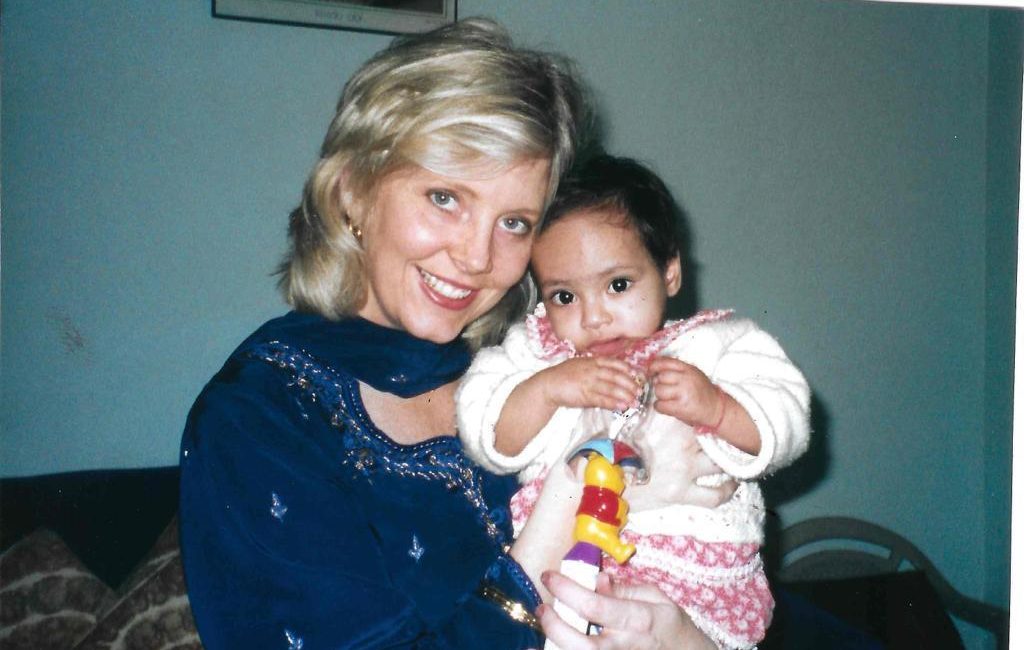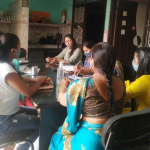“There are so many options other than leaving your child in a box somewhere”

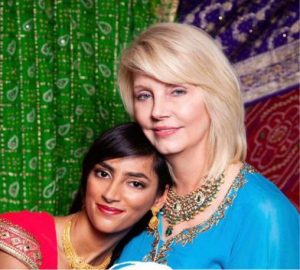
For prospective parents who often get surrounded by the fallacies of adoption, know that – what bonds children to their parents isn’t their DNA but the love given to them. The incredible story of Indian American Priya ‘Hope’ Pradnya Yadav, who was one of the inspiring figures on the 2020 edition of Patti Tripathi’s Saris to Suits ®, not only aims to squash myths around the adoption process but also hopes that more children around the world, given up for adoption, get to have a family of their own.
(Atlanta, GA, May 19, 2021) Back in December of 1999, Marshalla and Jay Yadav had not even imagined that soon they would be welcoming a daughter. A strong, stubborn, bright kid with piercing eyes all the way from India to their home. “When my husband, who is an Interventional Cardiologist, announced that he would be visiting India for some cases and asked me to come along, I was thrilled. I had never been to India before. So, I went, saw his village, met his family, and then, I saw the children around. On our way back to the US, I told him that we would have a daughter, and she comes from India,” shares Marshalla. The couple already had two older boys (aged four and one) by then and had discussed adoption several times, but they could not arrive at a concrete decision. After they visited India, things picked up the pace and through Children’s House International, a Hague accredited, non-profit international adoption agency, they met their daughter.
In the May of 2000, the couple flew to Pune and visited five different orphanages before their coordinator Lisa took them to where she had adopted her daughter Devi. When they first saw Pradnya (now Priya), they could not believe their eyes. She was two months old, weighed five pounds, had scabies and pneumonia. Her condition was critical and demanded immediate medical attention. But despite the illness, she was alert and active. “That’s what stole my husband heart, maybe. He knew she was a fighter and would make it,” jokes the former medical professional. Indeed, families form in different ways, sometimes in the most unusual surroundings. Soon, Jay and Marshalla completed all the formalities and brought 10-months-old Priya home.
The world knows that the fate of those children who grow up in shelters is dismal. The circumstances Priya was found in raises several pertinent questions on female foeticide and child abandonment practice in India. Left by her biological parents in a box at a temple anonymously, she could have quickly died had the priest not brought her to the orphanage and would be living a different reality had she not been adopted. Yet, the practice even today is not seen as a respectable parental choice globally, and adoptive parents are always kept under scrutiny for their parenting. According to Central Adoption Resource Authority (CARA), in a country like India with current population of 1.21 billion, the in-country adoptions for the year 2019-2020 were only 3351 and inter-country adoptions were 394. While the ideology requires more schooling, it’s also crucial for people to understand that an adopted child is no different than a biological child.
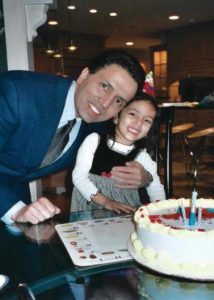
After Priya got home, Marshalla, a midwestern American married to an Indian American, made sure she had a happy childhood and that all her kids bonded well. Elaborating on the same, Priya, who has recently turned 21, says, “I grew up in Ohio, made friends with other kids and never felt uncomfortable about anything. My parents did not love me any less than their biological sons. My brothers were very protective of me. My grandmother and my two brothers came to receive me at the airport, my mother’s friends threw a party for her. I can only be grateful for what life has gifted me so far.”
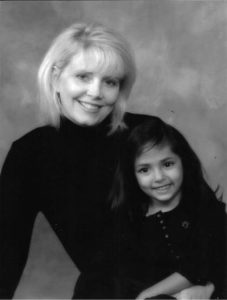
A trained Bharatanatyam dancer and a junior at Emory University, Priya has many laurels to her name, including a patent of placental stem cell usage for skin regeneration in burned victims. She is currently taking social and cognitive-development classes that deal in child psychology and wants to give back to the community. “I would love to advocate for adoption and help people understand the life of a woman or a girl,” she asserts. At the moment, Priya lives in Atlanta with her parents and two elder brothers Nevin and Chethan, and a younger brother, Daven.
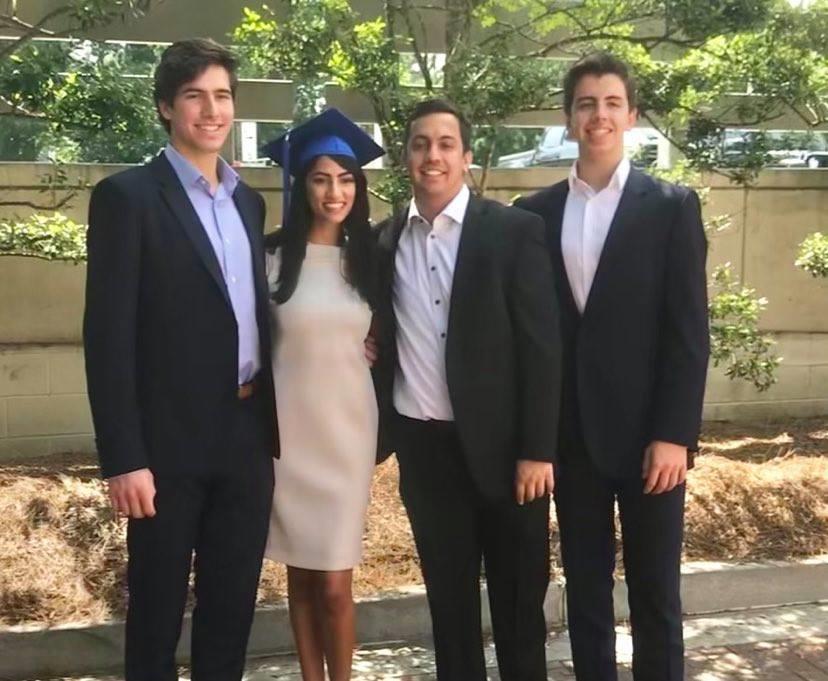
Manvi Pant is a staff writer for Saris to Suits ® Omniscient Perspective. After a corporate career spanning eight years, she has moved to Academia and also runs her storytelling platform Real Life Heroes. Founded by former network news anchor Patti Tripathi, the US-based Saris To Suits ® focuses on building awareness to break down the barriers that constrain the advancement of women and girls. We aim to advance women’s empowerment, education, gender inclusivity, equality and social justice. www.SarisToSuits.org

